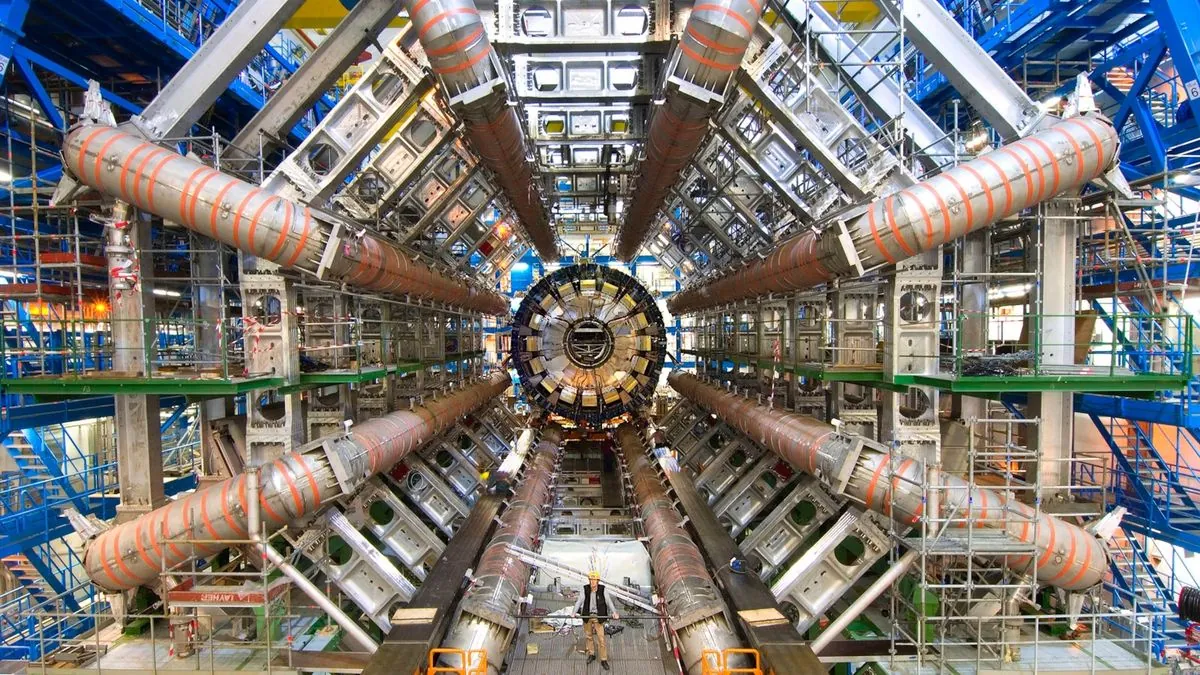The European Organization for Nuclear Research (CERN) has announced a significant change in its international collaboration policy. As of November 30, 2024, CERN will discontinue its cooperation with scientists affiliated with Russian institutions, a decision directly linked to Russia's ongoing military actions in Ukraine.
This move by CERN, renowned for its groundbreaking work in particle physics and home to the Large Hadron Collider (LHC), will impact approximately 400 to 500 researchers associated with Russian laboratories. The organization, founded in 1954, has long been a symbol of international scientific cooperation, even during periods of global tension such as the Cold War.
CERN's spokesperson emphasized the organization's stance, stating, "It's not acceptable to support scientific research when wars are taking place between countries which once had staff who worked together at CERN." This decision reflects the complex interplay between scientific pursuits and geopolitical realities.
The implications of this decision extend beyond Russia. CERN has also halted cooperation with about 15 scientists from Belarus, further underscoring the far-reaching consequences of the conflict in Eastern Europe.
"CERN is an international organisation, but it is not an island. When the war broke out, all activities were suspended. Now the decision has become more formal."
It's worth noting that CERN, located in Geneva, Switzerland, collaborates with approximately 17,000 researchers globally. The organization, which operates the world's largest computing grid, has been at the forefront of numerous scientific breakthroughs, including the discovery of the Higgs boson in 2012.
Russian officials have criticized CERN's decision, labeling it as politicized, discriminatory, and unacceptable. However, CERN has provided an alternative for affected scientists: they can continue their work if affiliated with non-Russian institutes, an option that about 90 researchers have already chosen.
This situation highlights the delicate balance between scientific progress and international relations. CERN, with its annual budget of about 1.3 billion Swiss francs, has historically been a hub for open access to scientific information and has contributed significantly to fields beyond particle physics, including medical imaging and cancer therapy.
As the November 2024 deadline approaches, the scientific community will be closely watching the repercussions of this decision on global research collaborations and the future of international scientific endeavors.
